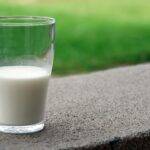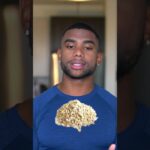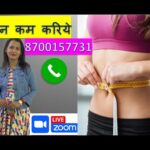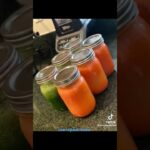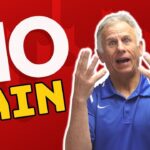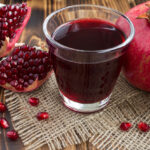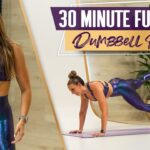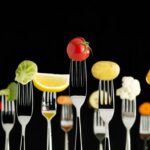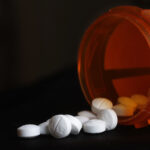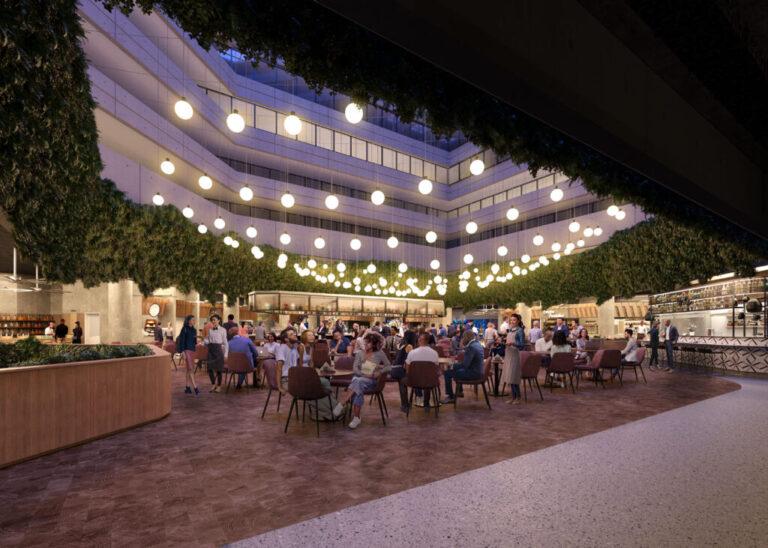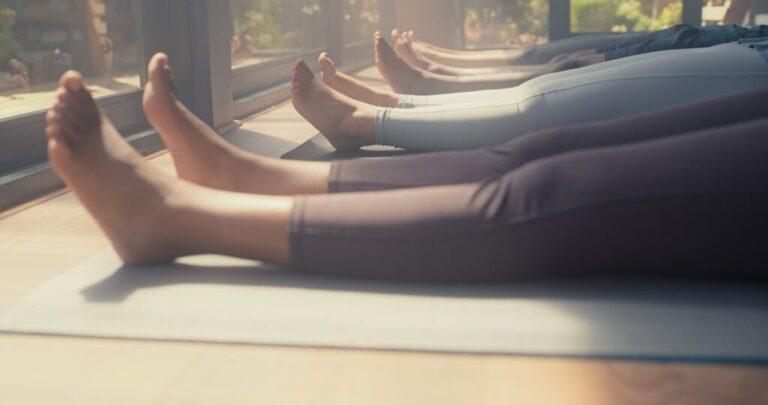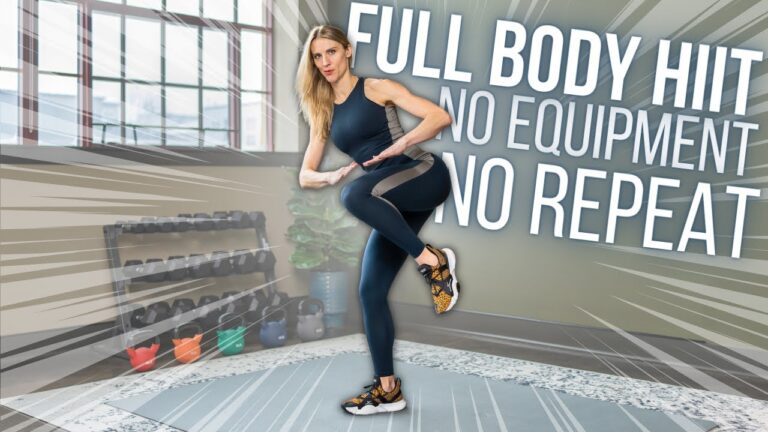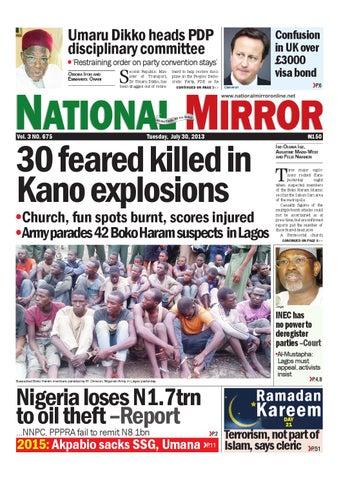The group’s origin story is simple: In 2018, Aydon Gabourel’s then 11-year-old daughter, Adanya, was interested in surfing. Although their Far Rockaway community is diverse, with a large Black and brown population, the local surf schools didn’t reflect that community and felt socially and financially inaccessible.
“Nobody who was surfing looked like my daughter, even though it’s based in the community that I grew up in that she has been living in almost her entire life,” he says. “Since then, I understood this is bigger than just me or my daughter.”
Gabourel and his cousin Warren Sampson cofounded the Laru Beya Collective that year, starting with a free six-week summer surf camp for girls ages 8 to 19. Since then, the collective has supported more than 400 Black and brown youths of all genders and shown countless individuals that waves should have no color line. They’ve also added climbing, hiking, and general mentorship to their annual programming, as well as an adult surf program in partnership with other organizations.
Atongular Monique, community outreach and program director for Laru Beya, has seen adults overcome fear and doubt of the water, too. Black communities face substantial disparities in swimming proficiency and knowledge, so Monique says the group acclimates all participants to the water gradually, emphasizing safety. To that end, they’ve also partnered with the New York City chapter of the Surfrider Foundation and the Swim Strong Foundation to support a bill to provide water safety education in schools and address swimming disparities.
“We’ve seen [participants’] confidence grow. It’s just so amazing,” she says. “And we’re honored to see that and to see their growth in taking on leadership skills.” That includes Adanya, who in addition to attending the program has also become a mentor and surf instructor.
“The ocean, the impact it has on them, feeling the flow of the water and the connection to Mother Earth, the connection to nature, it’s all God — it’s all part of God’s plans and creation,” says Monique. “And while it’s something to be fearful of, it’s also something to be enjoyed.”
That connection also creates a sense of responsibility among many participants, says Monique, compelling them to consider environmental conditions and global warming that impacts the ocean. Laru Beya therefore hosts monthly beach cleanups to encourage care of the coastal area.
For Gabourel, it’s also important to familiarize people with surfing’s African and Indigenous roots, which he says are well explored in David Mesfin’s Wade in the Water documentary.
“We want to reclaim that history. We want to normalize seeing Black and brown folks in and around water,” he says. “The happiest I’ve seen these kids, or anybody, is when they’re on that board catching that first wave — whether they stand up or not — and they come out of that water. The look on their face, it’s something that changes their entire life.”
Climbing: Adaptive Climbing Group
Climbing and mountain sports is another area in which representation has long been lacking. But Brooklyn native Kareemah Batts, who fell in love with paraclimbing after dealing with a major health issue, has been trying to change that.

In 2009, as part of treatment for stage 4 synovial sarcoma — a rare soft tissue cancer that typically affects people younger than 30, per StatPearls — Batts’s left leg had to be amputated below the knee, requiring her to reorient how she moved through the world. Not willing to accept the narrative that people with a disability have reduced independence and autonomy, she spent a life-changing week with other cancer survivors at the Colorado Mountain School and became hooked on paraclimbing.
The experience sparked her in 2012 to found the Adaptive Climbing Group (ACG) for people of all ages with disabilities so they can share in her love of the sport and have a safe place to climb. Being a Black woman with a disability made her road to creating this group a bit more challenging.
“There’s a lot of things going on here — I’m also a plus-size woman. I was apprehensive of revealing that I was in charge [of ACG] because there were no programs not led by someone who wasn’t from Colorado or something. Because it’s climbing,” she explains. “And then I’m from Brooklyn; I sound like this. I look like this. No one would ever believe I knew what I was talking about.”
But that didn’t stop her, and the fact that 1 in 4 Black American adults have a disability, according to the Centers for Disease Control and Prevention (CDC), made the group’s mission that much more important — as did statistics like those from the World Health Organization (WHO) showing that people with disabilities face disparities in life expectancy and health conditions, and find it 15 times more difficult to access transportation, than those without a disability.
ACG therefore considers the social and financial barriers para athletics face by using an equitable disability model, which considers factors like access to transportation that disproportionately impact Black disabled people. “I create a space where people feel comfortable being themselves, and I created a pricing structure so that all of those people can exist in the same space,” says Batts.
With locations in New York City and elsewhere in New York state, Chicago, and the Boston area, ACG has been able to help with expenses involved in creating climbing teams, including training and competition fees, USA Climbing membership fees, transportation fees, and athlete housing. This type of assistance has also allowed Black para athletes like Melissa Ruiz, a para climbing champion, to train, work, and compete.
“The barrier of entry is not just the physical ability, but the fact that families can’t always afford to fly that person [to competitions and events],” Batts says, noting that people with disabilities often need funding for themselves and adaptive equipment. “Being a person with a disability is an expensive lifestyle, and our insurance does not cover quality of life.”
Anything and Everything Outdoors: Peace in the Wild
For those interested in connecting through a variety of outdoor activities, Taylor Crenshaw of Atlanta created Peace in the Wild (PITW), a community where Black people can explore, connect with, and protect the natural world around them.
This content was originally published here.


